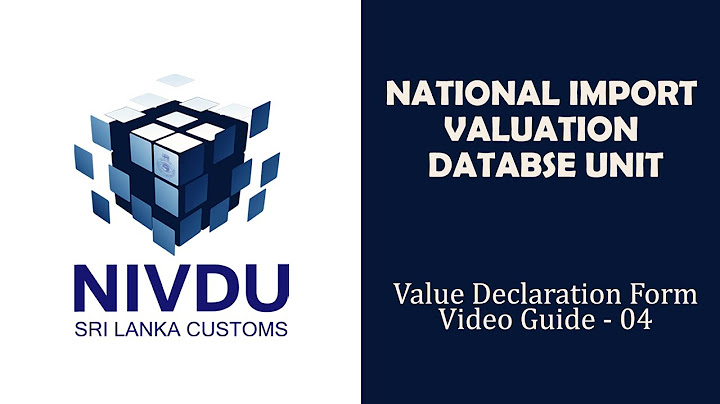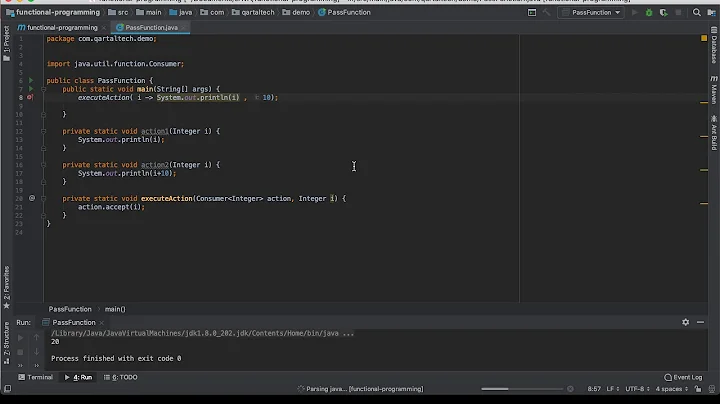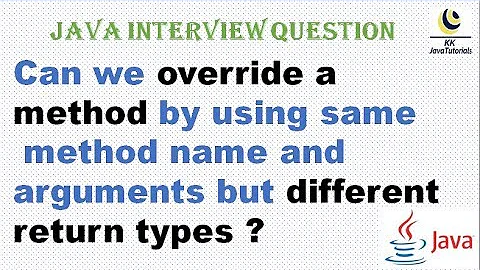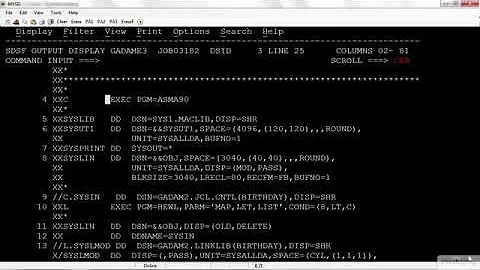Accidental override: The following declarations have the same JVM signature
Solution 1
This happens because the Kotlin compiler tries to generate a getter for val context declared in your class primary constructor, namely a method getContext(), but the base class ArrayAdapter<T> already has such a method.
You can solve that by doing one of the following:
-
Change your class' constructor parameter not to be a
val.class GitHubRepoAdapter(context: Context, ...In this case, the getter won't be generated, and the conflict will be gone.
This seems to be the preferrable solution in your case, because, even without redeclaration, there is already a synthetic property
contextinferred from the Java getter. -
Use the
@JvmNameannotation, apply it to thecontextproperty getter:class GitHubRepoAdapter(@get:JvmName("getAdapterContext") private val context: Context, ...This will make the compiler generate the getter with another JVM name (the one specified in the annotation), thus avoiding the conflict, but making accessing it from Java less intuitive (especially since there will be two similar functions). In Kotlin, you will still be able to use the property with its original name
context.
Solution 2
In addition to the answer already given...
- Or, you can keep
val(orvar) but change the name of the parameter to something that doesn't collide with the super class declaration.
In a class declaration, the parameters in the constructor declarations are often more than just parameters. Using val or var, you are actually declaring property members (not just parameters). And along with the property members come automatic "getters" (and "setters" in the case of var). The automatic getter, in the OP's case, is called getContext() but the base class already has a getContext() (same signature).
Most likely, the intent here was to just pass the context to the super, in which case, the other answer works best. But, in the case where a new property is desired, but the name chosen collides with a differently purposed member of the super, changing the name is the alternative.
In short, changing the name applies when you do want a new member variable but a super class already exposes a different member by the same name.
Solution 3
Change variable name to myContext and will work with you without any problems.
Related videos on Youtube
Ege Kuzubasioglu
Updated on February 07, 2022Comments
-
 Ege Kuzubasioglu about 2 years
Ege Kuzubasioglu about 2 yearsI'm getting error in Kotlin in this part:
class GitHubRepoAdapter( private val context: Context, private val values: List<GithubRepo> ) : ArrayAdapter<GithubRepo>( context, R.layout.list_item, values )private val context: ContextIn the log it says:
Error:(14, 25) Accidental override: The following declarations have the same JVM signature (getContext()Landroid/content/Context;): fun <get-context>(): Context fun getContext(): Context!I'm not able to see what is causing the problem.
-
Ilya Serbis about 5 yearsMay be this would be helpful stackoverflow.com/questions/29268526/…
-
-
withoutclass almost 7 yearsI think this version is actually more preferable to the accepted answer. If my super class already has a property/getter/setter for a variable, why would I create a 2nd one at all? Removing
val/varseems the slickest way to go for sure. -
Les almost 7 years@withoutclass - you misunderstand my answer, mine actually says you can keep the val or var and just change the name of the variable, which is useful when the super class already uses the first name you chose. In the case where the super class uses the name for a property with an entirely different purpose than what you were planning for your variable, then a new property is appropriate using a different name. I will update my answer to make it more clear.
-
Karol Kulbaka over 5 yearsIs this working with val properties inherited from interface? I mean for example interface with
val context: Context?


![[MOB1023 - Java 2] Assignment GD1 Phần 2: Hoàn thiện các chức năng cho form (Source Code Download) ✔](https://i.ytimg.com/vi/dT1RplCekN8/hqdefault.jpg?sqp=-oaymwEjCOADEI4CSFryq4qpAxUIARUAAAAAGAElAADIQj0AgKJDeAE=&rs=AOn4CLBdlTps_-5eiKS0X3qXhbg2yQ3-zw)













